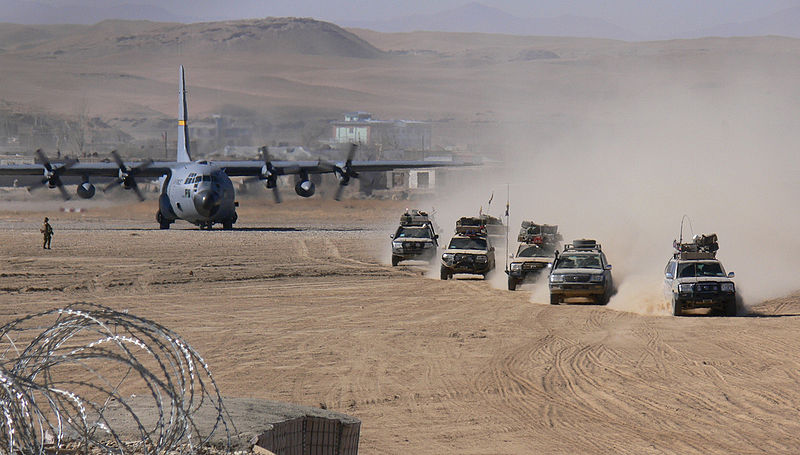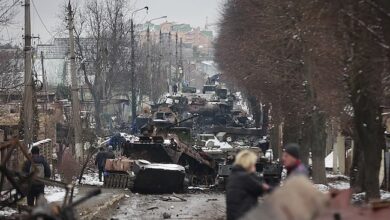
By Nasurullah Brohi
The allied forces 13 years prolong war in Afghanistan formally came to an end with the flag-lowering ceremony in Kabul. The U.S led forces marked the transition of fighting to Afghan forces. This happened as a result of the NATO conference held in Chicago in May 2012; the Obama Administration formally announced the end of combat operations by the International Security Assistance Force (ISAF) at the end of 2014 and a focus of operations until that time upon Security Force Assistance (SFA) to the Afghan National Security Forces (ANSF).
In fact, Afghanistan is influenced from every side of the map, for example from its West by the Iran, in the South Pakistan and in its North by the Central Asia. However, by the withdrawal of US led NATO forces, there are many speculations which arise, whether the Afghan forces are that much capable to handle their internal security issues without any external support?
Certainty the Afghan forces does not seem in a position of own capability to take over the Afghanistan’s security responsibility. Apart from NATO claims that, the Afghan forces are ready to take over the security matters, the most important concern remains unanswered that is how much are Afghan forces capable to fully ensure their national security because the Afghan forces lack in many areas such as air defence capability, modern weaponry and strong real-time intelligence network. Afghan political and military elite is aware that such setbacks will strain the ability of forces which demonstrate their vulnerability in countering the insurgency.
Though, the US military involvement will continue in Afghanistan under the terms of security pacts with the Afghan government which allows US led NATO forces role in two broad areas of training of Afghan forces and limited combat role against the terrorism. The NATO is also planning to set up a new civilian mission in 2015 that will train, assist and advise the Afghan security forces. But the Afghan forces are deeply overwhelmed by corruption; political affiliations and their incapability handle the insurgency. And consequently the Drug money will be generated by the smuggling and trade of drugs and ultimately will be used for the purposes of Warlords and terrorism.
In addition, while apparently there is a pretense of a unified government in Kabul, but in practice, the country has fractured into many small fractions of powerful local warlords and ethnic diversity. In the post-Taliban era, the warlord-ship has increased with a greater pace and in the wake of post- withdrawal, the future of Afghanistan seems much violent, anarchic and conflict ridden ultimately, an Afghanistan pondered to the new civil war and therefore, the future of Afghanistan seems uncertain after the withdrawal of the NATO, US and the ISAF forces. At public level the current scenario at government point is rarely trusted by the local population due to massive level of corruption and bribe in everyday affairs. At the other hand, the Taliban rebellions in Afghanistan are believed to be more trustworthy to common masses but are hardly supported by the International Community.
However, by the security vacuum after NATO’s withdrawal, regional countries like Pakistan, Iran, China and Russia are rays of hope. The best that can be hoped for a stable Afghanistan is its relations and the support of regional specially neighboring countries commitment to enable Afghanistan more firmly standing on its own feet.




